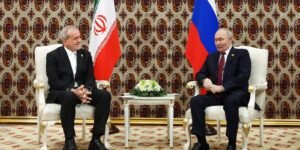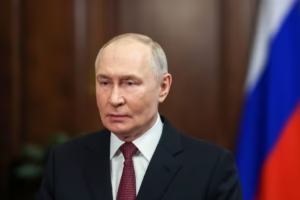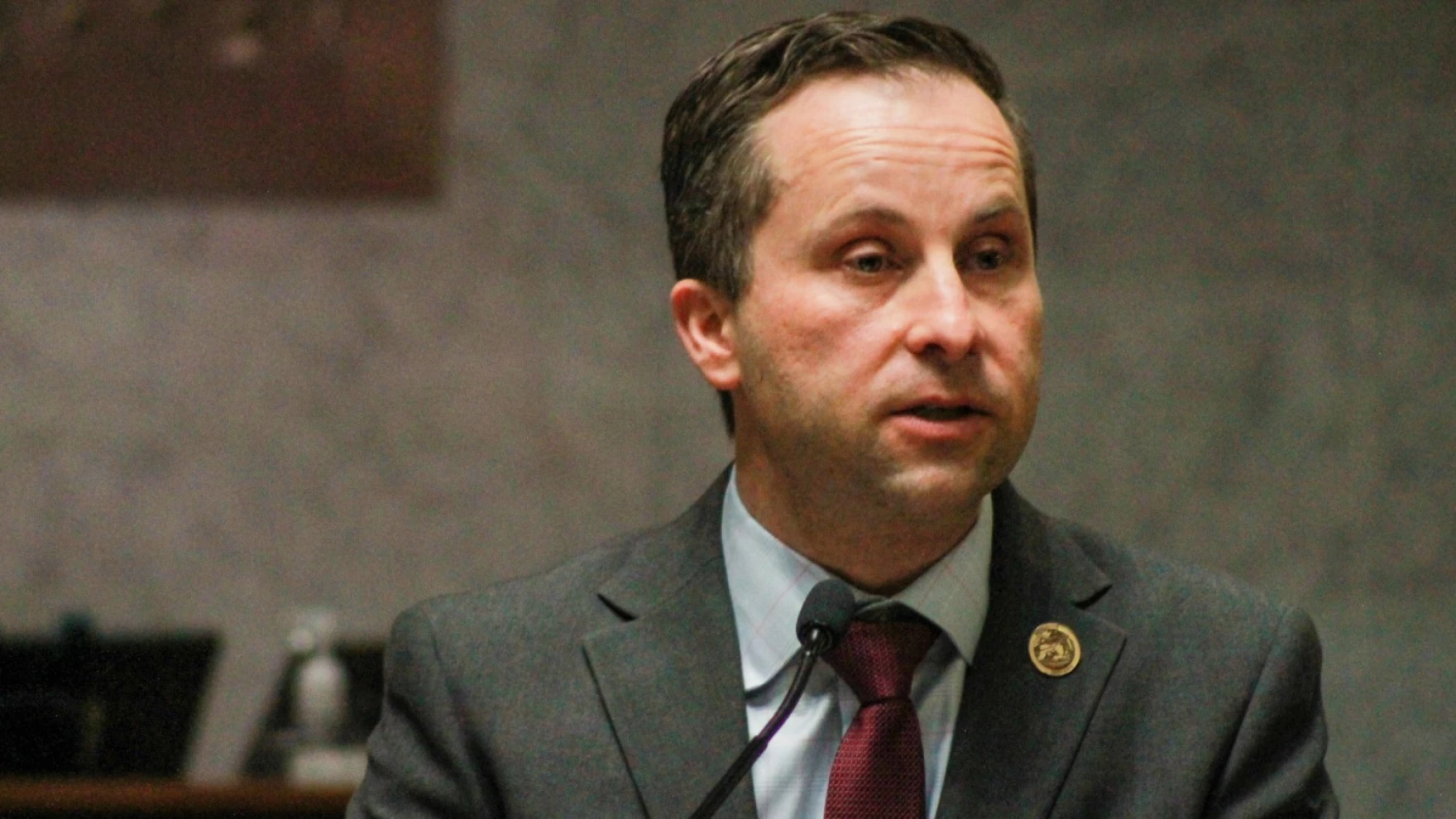Saab CEO Micael Johansson has become a key figure in Europe’s changing defense landscape. As President and Chief Executive Officer of Saab AB since October 23, 2019, Johansson is steering the Swedish defense and aerospace company through a period of rising military budgets, shifting alliances, and growing international demand for homegrown European military technology. His long-standing relationship with the company and deep technical expertise have made him an important voice in defense innovation.
Johansson began his career at Saab in 1985, starting in technical roles focused on command and control systems. Over the years, he took on leadership positions in surveillance, radar systems, and aerospace, gradually rising through the ranks. Prior to becoming CEO, he served as Deputy CEO and was head of the Surveillance business area, which specializes in advanced sensor and radar technology. This background positioned him well to lead Saab at a time when defense technology is becoming more critical in global politics.
His leadership comes at a time when the international defense environment is rapidly evolving. Russia’s invasion of Ukraine in 2022 sparked a wave of rearmament across Europe. Nations that had long relied heavily on U.S. defense systems are now investing in local alternatives. Johansson has emphasized Saab’s readiness to meet this demand with cost-effective, high-performance solutions like the Gripen fighter jet, radar systems, and electronic warfare technologies.
Under Johansson’s direction, Saab has revived interest in its Gripen aircraft. Despite earlier difficulties in securing foreign buyers, new deals are emerging. Thailand and Colombia have recently chosen the Gripen, and Brazil is considering increasing its order by 25 percent. Saab is also in talks with Peru and the Philippines. Johansson believes the program is entering a more active phase and has expressed Saab’s willingness to support countries interested in operating mixed fleets. This flexibility, he says, reflects Saab’s customer-oriented approach.
As CEO, Johansson has also led efforts to expand Saab’s international presence through co-production agreements. For example, Saab has offered to build Gripen jets in Canada, which is reviewing its planned order for 88 F-35 jets. Such offers are designed to appeal to governments that want not only advanced defense technology but also local industrial involvement. Johansson sees this as a way to strengthen partnerships and increase the appeal of Saab products.
Saab’s stock has risen significantly since Johansson took over, reflecting investor confidence in the company’s strategy and the broader increase in defense spending across Europe. Johansson has consistently highlighted Saab’s advantages: lower long-term operating costs, cutting-edge sensors, and the ability to launch from short runways. These features are especially important to countries seeking versatile, reliable platforms without the heavy costs associated with U.S. systems like the F-35.
Despite Saab’s achievements, Johansson remains realistic about the challenges. The company still faces stiff competition from U.S. and European rivals. Jets like the Eurofighter Typhoon, France’s Rafale, and the American F-35 dominate many global markets. Johansson acknowledges that the Gripen cannot match the F-35 in stealth or network integration but argues that Saab’s technology offers excellent value and performance in many mission scenarios.
Saab has also expanded its offerings beyond aircraft, with radar and electronic warfare systems playing a growing role in its portfolio. Johansson’s technical background in surveillance systems has helped guide development in these areas, allowing Saab to compete more broadly in the global defense market.
Educated as an engineer, Johansson is known for combining technical knowledge with strategic thinking. He avoids flashy public appearances, preferring a focused, pragmatic approach. Colleagues and analysts describe him as a steady hand in uncertain times—someone capable of balancing innovation with operational discipline.
With many European countries seeking greater defense independence and investing billions in new military hardware, Micael Johansson is positioning Saab to play a central role. His leadership is shaping the company’s future as both a national asset for Sweden and a competitive global defense supplier.







